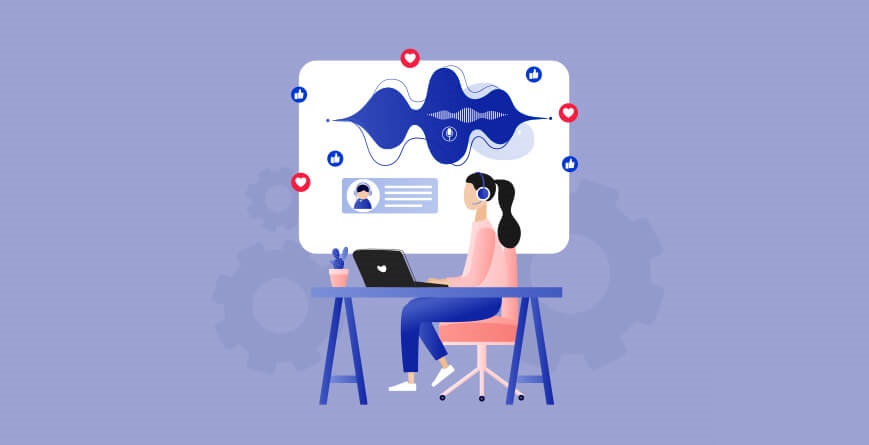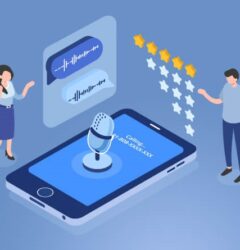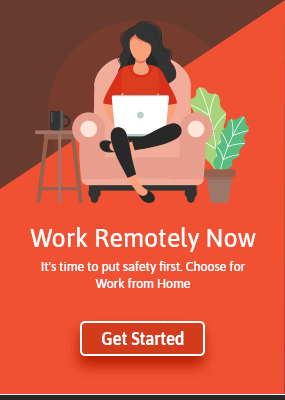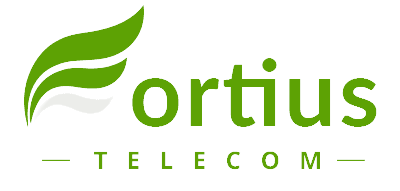- Email: info@fortiustelecom.com
- phone:+91 8575288888
02 Apr

Customer Experience (CX) is a highly competitive and rapidly evolving market. If businesses do not keep up with the latest developments in consumer service technology, they risk losing a chunk of their clientele to competitors.
With the rise of technology in the last couple of years, contact centres have also revamped and upgraded their systems. As the first point of contact for a business, these centres are not only responsible for ensuring the best possible response to customers, but also need to provide effective solutions.
One way to achieve this balance is to employ smart tools like speech analytics. Not just in business—we’ve all dealt with this technology in our personal lives as well. Think Siri, Bixby, or Alexa.
The power of speech analytics manifests itself in our day-to-day lives, and we’re already aware of its ease of use, convenience and functionality.
But how does it help businesses? What do they get out of it? And why should they use it? We’ve got all these answers:
How Does Speech Analytics Help Businesses?
Picture this: you’re sitting in your office, listening to hours of customer call recordings to create an effective strategy for your business. Sounds taxing, right? This is where speech analytics comes to your rescue. Aimed at reducing endless hours of recording to useful and applicable insights, this tool significantly boosts business productivity.
What Do Businesses Get Out of Speech Analytics?
Instead of combing through lengthy call recordings and transcripts, speech analytics gives you direct access to just the data you need. By delegating the task of sorting through large amounts of data to automation, it presents only the valuable insights.
Why Should You Use Speech Analytics?
Speech analytics is helpful for businesses looking to gain an edge over competitors. If extended carefully to all departments, the insights obtained can help drive growth and engagement.
Here are the top 5 use cases for delivering business value with speech analytics:
1) Workforce Management and Compliance with Guidelines
One of the most significant aspects of any organisation is how the employees are performing. Whether it is the call duration rate or the ability to provide effective solutions—everything contributes to business growth as well as customer retention and acquisition.
The question that arises is: how do you do it?
With a large workforce, it is almost impossible to analyse each and every individual in-depth. Speech analytics is a simple tool that will help you overcome the problem. It will not only help make the data comprehensible but will also identify any individuals that require special training, focus or mentoring.
The analysis of the data also helps you determine if the workforce is adhering to company policies and guidelines. If employees are aware that every call is being monitored and analysed, they will put their best foot forward, leading to better customer satisfaction. Speech analytics can thus lead to effective employee management.
It is true that the customer is king. But who’s to say if the intention of the customer is always correct? What if there is a danger of fraud looming large on the business’ head? In such cases, speech analysis can help predict and identify any suspicious behaviour that may jeopardise operations.
2) Identifying Common Phrases and Better Assistance
For businesses, it is of utmost importance to understand the main pain points of their customers. Now, the best source of this information comes from daily interactions between your agents and customers. You can analyse the conversations between them to identify commonly asked questions and train your agents to swiftly resolve these queries.
Speech analytics takes this process to a completely different level. By utilising machine learning and NLP algorithms, speech analytics can also figure out the sentiments of your customers and most-used keywords during a conversation.
For example, if your customers constantly mention your competitors during calls for a certain reason, you can modify your pitch accordingly for a more positive experience.
3) Aiming at Better Agent Performance
With the large influx of calls in a day and almost an overflow of customer queries, it is almost impossible to individually monitor each agent call. Businesses need an effective way to ensure employee compliance with company guidelines, behavioural standards and a solution-based approach.
What a business needs is a positive growth chart of agent performance over time. With speech analytics, supervisors can properly assess customer calls and zero in on keywords and catchphrases. This would help them identify proficient performance areas as well as points to improve.
In addition, speech analytics also analyses the language and tonality of customers and agents. It specifically looks for sentiments and other inputs that can automatically be scored against multiple criteria.
4) Identifying Customers Who Require Live Assistance and Effectively Routing Them
Undoubtedly, customer experience is of utmost importance for any business. According to a survey by Deloitte, 85% of respondents said that customer experience was the main driver behind call centre investments and enhancements.
And it is a business’ responsibility to deploy the appropriate support channel for its customers, wherever required. So while an app-based AI may be good for scheduling a call, a chatbot may be better for initial support.
But there may be times when your customers need a more hands-on approach—perhaps they can’t find what they’re looking for or have an urgent issue. They want to connect with a real person and get their doubts sorted.
In such circumstances, when customers require more personalised service, speech analytics will come handy. It’ll help leaders identify the need for human intervention vs tasks that can be handled by AI.
Similarly, the tool will be of great help in matching the right customer and agent. If a client is looking for a particular solution, they can be patched to the most skilled agent in that domain. Therefore, you can enhance the user experience for all.
5) Increase in Sales
Customer behaviour is just as important as your business practices. So one of the motives of a business is enhancing client relationships with greater sales and offers.
But what is the right time to make a sale? When should you approach your customers? You need to understand your audience well before approaching them to establish a relationship.
Speech analytics to the rescue—yet again. It can successfully predict when to make the sales pitch by identifying previous interactions and sentiments of the customers.
By perfecting this process, you can eliminate unproductive behaviours that do not lead to sales. The previously determined data can highlight indicators of a successful sale.
Conclusion
For any business, the name of the game is customer experience. If you have a wide clientele, there’s bound to be huge amounts of data to sift through to effectively strategise.
Speech analytics is a powerful, adaptive and easy to use tool that allows businesses to go through large data and make it comprehensible. Not only will this be effective for your agents but also for your customers.
Right from reducing the workload on your staff and generating more sales to identifying customer patterns—speech analytics help you do it all easily. You can now manage your resources and the skill set of your workforce on a large-scale, not just for one department.








